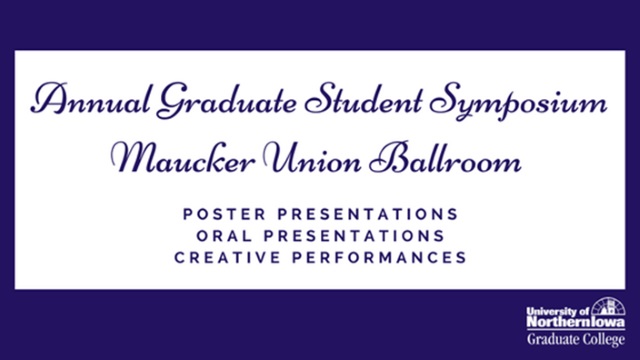
Complete Schedule
Play Element and Dynamics of Interaction in an Adult Second Language Classroom
Presentation Type
Oral Presentation (Electronic Copy Not Available)
Keywords
English language--Study and teaching--Foreign speakers; English language--Study and teaching--Activity programs;
Abstract
This case study investigated how an unstrained informal environment contributed to the development of English as a Second Language (ESL) learners’ self-confidence growth, as well as vocabulary retention during an eight-week-long intensive English program course for four adult low-intermediate level students. The purpose of the article is to devise new lines of vocabulary teaching using playfulness and robotics in contemporary higher education. Findings demonstrated that pair-work and use of robotics enhanced and activated conversational strategies and interaction during collaboration. In this study of dyadic interactions with robotics (Bee-bot) in adult second language (L2) classroom, the complex features of communication were revealed – scaffolding, comprehension check, word recalling, semantic challenges, and reference for explanation and elicitation. The students’ perceptions about their vocabulary learning experiences was also documented. Implications of the study include the need for alternative pair-work curricular intervention in ESL classroom, such as spaced informal vocabulary retrieval through playfulness and robotics.
Start Date
3-4-2019 1:00 PM
End Date
3-4-2019 4:00 PM
Faculty Advisor
Dr. Sohyun Meacham
Department
Department of Curriculum and Instruction
Copyright
©2019 Marine Pepanyan
File Format
application/pdf
Embargo Date
4-17-2019
Play Element and Dynamics of Interaction in an Adult Second Language Classroom
This case study investigated how an unstrained informal environment contributed to the development of English as a Second Language (ESL) learners’ self-confidence growth, as well as vocabulary retention during an eight-week-long intensive English program course for four adult low-intermediate level students. The purpose of the article is to devise new lines of vocabulary teaching using playfulness and robotics in contemporary higher education. Findings demonstrated that pair-work and use of robotics enhanced and activated conversational strategies and interaction during collaboration. In this study of dyadic interactions with robotics (Bee-bot) in adult second language (L2) classroom, the complex features of communication were revealed – scaffolding, comprehension check, word recalling, semantic challenges, and reference for explanation and elicitation. The students’ perceptions about their vocabulary learning experiences was also documented. Implications of the study include the need for alternative pair-work curricular intervention in ESL classroom, such as spaced informal vocabulary retrieval through playfulness and robotics.


